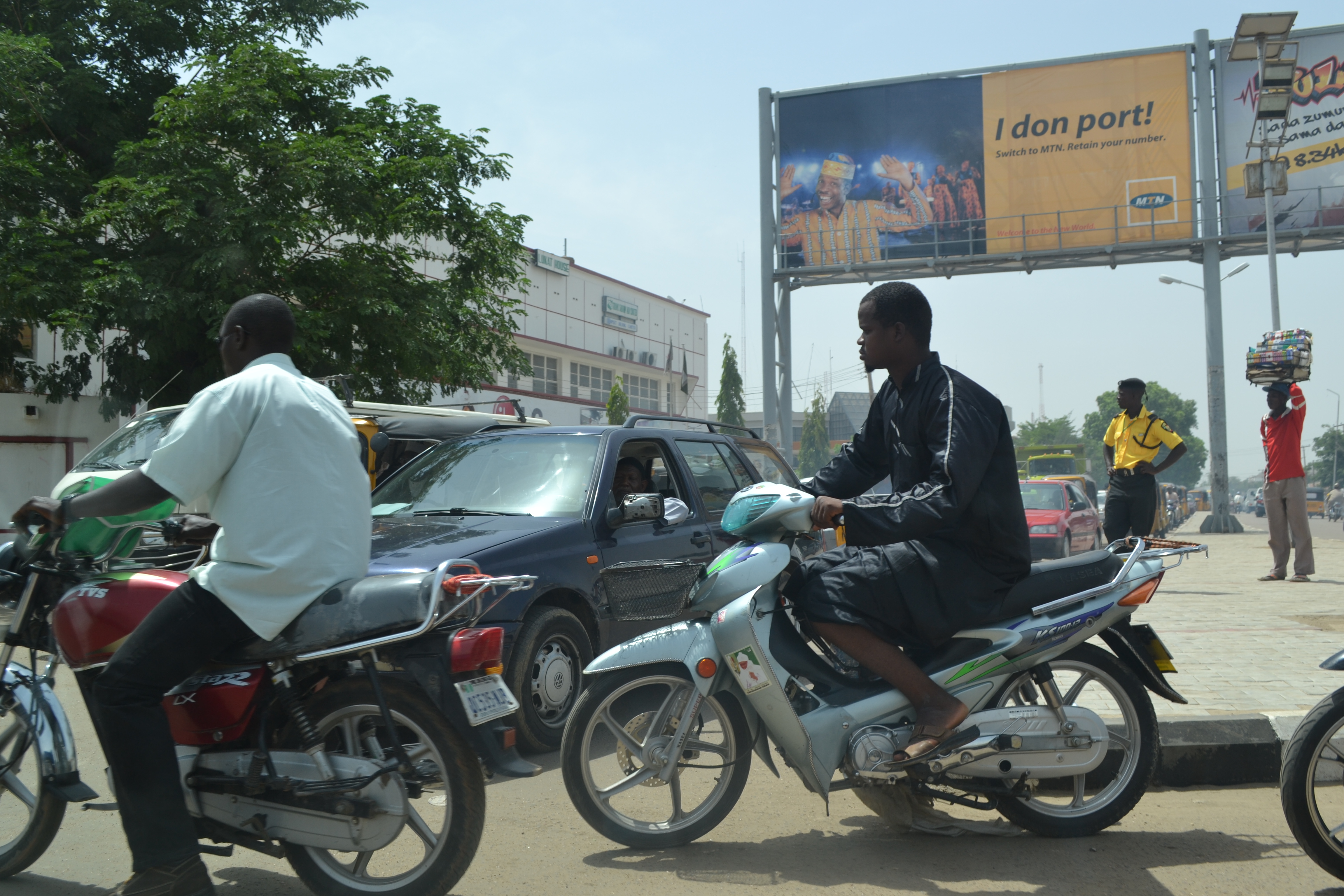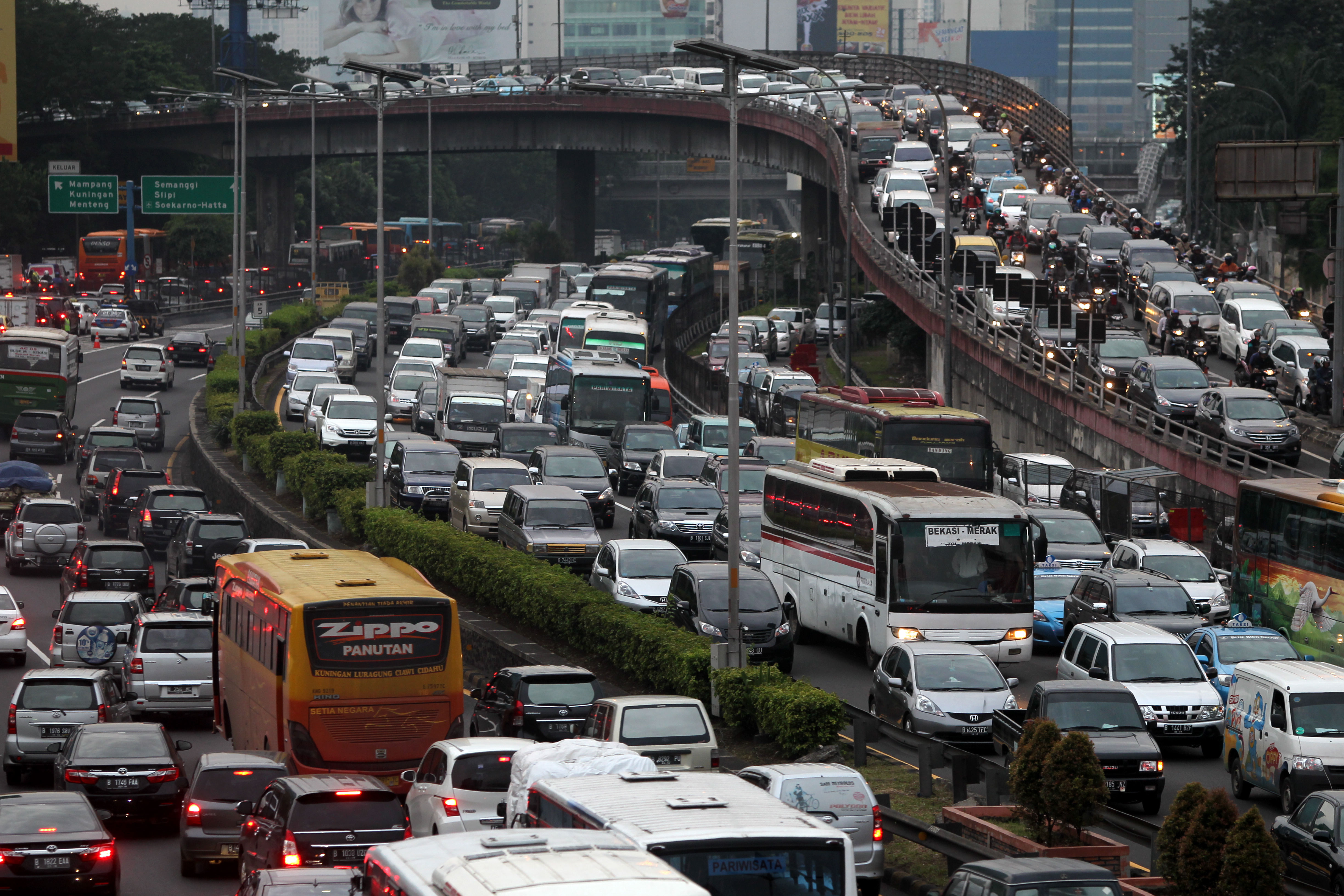
The green and white painted taxi speeds through the intersection, totally ignoring the hand signal of the traffic policewoman and narrowly missing a red Honda Civic coming from the adjacent road.
"WÈRÈ!"—the word means "lunatic" in the Yoruba language—the policewoman screams at the offending driver as he steps on the gas and zooms away. She glares at the disappearing vehicle, powerless to do anything else—no ticket, no fine, no nothing for Nigeria's reckless drivers who routinely act as though the law does not apply to them.
It's only 11:30 a.m. in Abuja, Nigeria's busy capital, and this policewoman is about to witness several more infractions.
Nigerians are impatient people (as reflected in the way they drive). Speed limits appear to be viewed as mere suggestions, lanes are flexible, driving against traffic is routine and if you are caught, a nicely folded (or squeezed) naira bill can make all your troubles go away.
A 2013 World Health Organization (WHO) report shows Nigeria with the worst driving record in Africa—nearly 34 deaths for every 100,000 residents. The Federal Road Safety Commission (FRSC), the national agency responsible for road safety administration in the country, blames most of these accidents on speeding. The country's notoriously poorly maintained roads, riddled with potholes the size of swimming pools, help ensure that Nigeria is among the most dangerous places in the world to drive.
"It is not just about drivers here not regarding the rules," says Afolabi Bakare, a taxi driver, "The truth is most of them do not even know the rules. How many people go to driving school before they get their driving licenses? To tell the truth, even me--I did not know how to drive very well when I got my driver's license."
Bakare, who has been driving his taxi for about eight years, explains, "All you need to do is go to the office and 'settle' someone with about N5000 ($31) and they do the license for you. You do not even have to be there for data capture. It's the Nigerian thing."
In the past couple of years, the federal government has endorsed various policies to deal with the menace of unqualified drivers and to rein in fake driver's licenses in the country. But authorities have consistently fallen short on enforcement; people seem to always find a way around the system.
Many argue that penalties for traffic violations are not strong enough to deter repeat offenders. According to the FRSC's website, driving under the influence of drugs or alcohol draws a mere N5000 fine ($31) and if you operate a vehicle with forged or fake documents, you risk paying the government N20,000 ($125).
In the meantime, the FRSC has announced that by September 30, 2013, all commercial drivers in Nigeria will need to be re-evaluated for their licenses. Biometric driver's licenses and license plates will also soon be introduced. It's the latest government strategy in an effort to curb reckless driving and catch traffic offenders.
Nigerians have taken note and are watching to see how this pans out. Bakare, meanwhile, remains skeptical.
"Nigerians will always be Nigerians," he says, "I do not know how the new rules will change what is on ground. What our people understand is a harsh hand."







